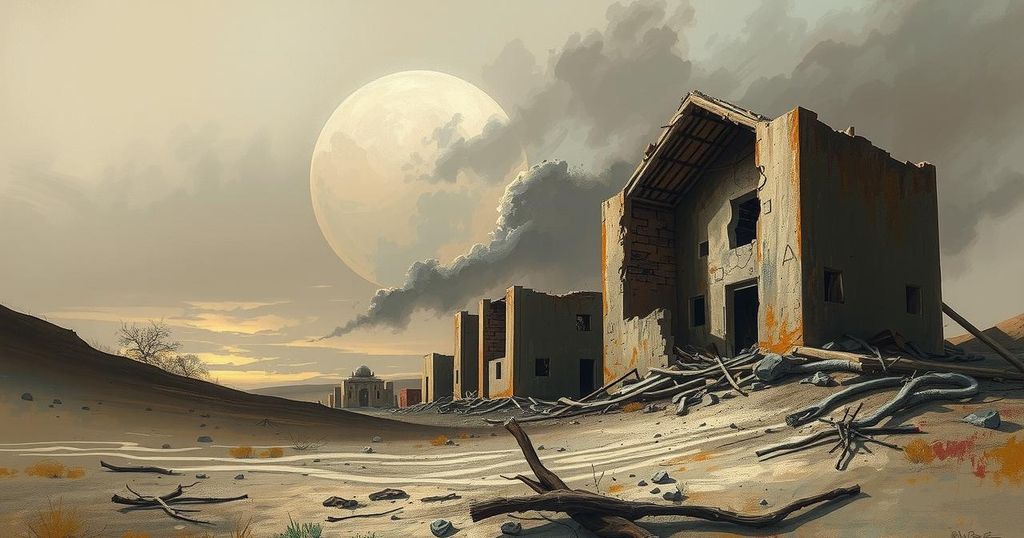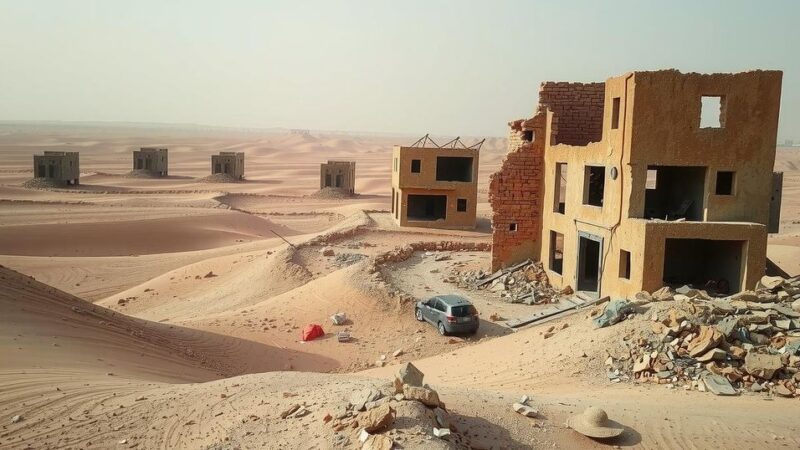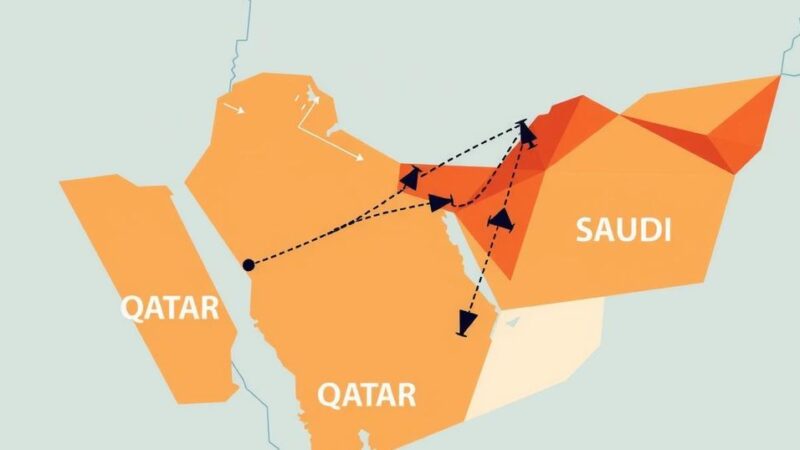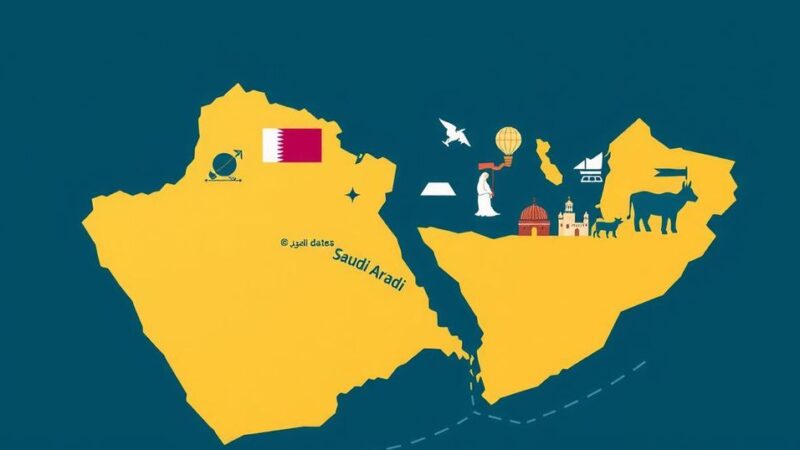Doctors Without Borders condemned the United Nations Security Council for its indifference towards the suffering of Sudanese civilians during two years of conflict. MSF Secretary General Christopher Lockyear underscored the devastation, displacement, and death resulting from the war, critiquing the hollow nature of ceasefire calls and the Council’s failure to protect vulnerable populations. The charity has ceased operations in famine-stricken areas due to ongoing violence.
On Thursday, the international medical charity Doctors Without Borders (MSF) addressed the United Nations Security Council, condemning the “indifference and inaction” faced by the Sudanese populace amid nearly two years of relentless warfare. MSF Secretary General Christopher Lockyear highlighted the catastrophic toll of the conflict, noting the dislocation of millions and the death of tens of thousands, stating, “Two years of unrelenting violence have plagued Sudan, two years of devastation, displacement and death.”
The ongoing conflict in Sudan began in April 2023 and pits the national army, led by General Abdel Fattah Al-Burhane, against the paramilitary Rapid Support Forces (RSF), commanded by General Mohamed Hamdane Dagalo. Lockyear characterized this situation as a “war on people,” emphasizing the increasing clarity of the struggles faced by innocent civilians. He further criticized both parties for neglecting their protective responsibilities and exacerbating hardships faced by the population.
Lockyear expressed disappointment toward the Security Council’s repeated appeals for ceasefires, labeling these efforts as “hollow.” He remarked on the stark contrast between the Council’s proclamations and the stark reality of civilian suffering: “Whilst statements are being made in this chamber, civilians remain unseen, unprotected, bombed, besieged, raped, displaced, deprived of food, of medical care, of dignity.”
The severe violence has compelled MSF to halt its operations at the famine-affected Zamzam IDP refugee camp. Lockyear asserted the Council’s inability to act on its own demands contributes to a sense of neglect, declaring, “This Council’s failure to translate its own demands into action feels like abandonment to violence and deprivation.”
In conclusion, Doctors Without Borders has poignantly articulated the dire situation in Sudan, highlighting the years of violence and suffering faced by civilians and the lack of meaningful intervention by international bodies. MSF’s critiques draw attention to the pressing need to transform words into impactful actions to alleviate the humanitarian crisis in Sudan.
Original Source: www.arabnews.com






